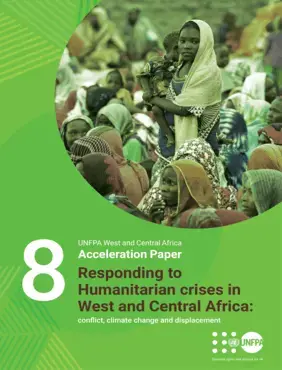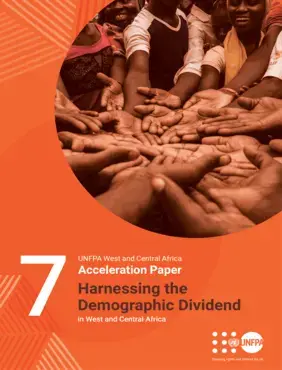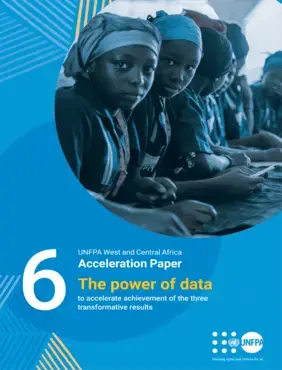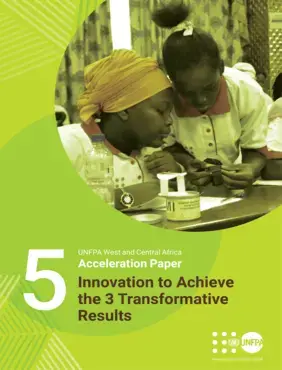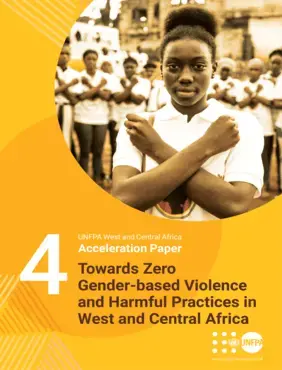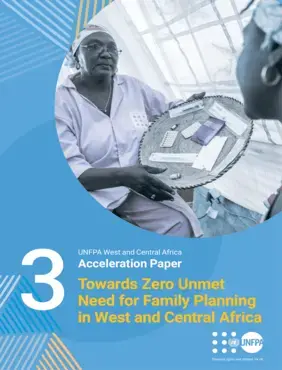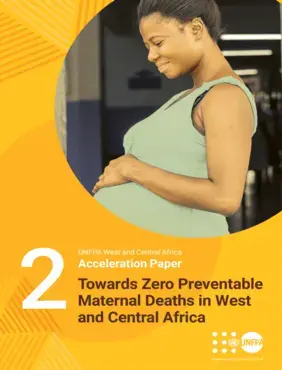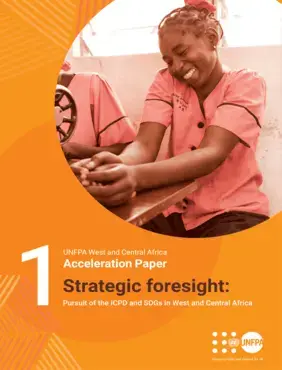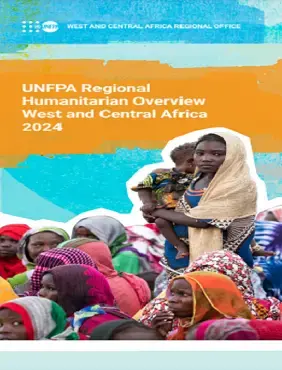Publications
Publications
Technical Reports and Document
Responding to Humanitarian Crises in West and Central Africa: Conflict, Climate Change and Displacement
UNFPA and partners are commited to moving forward faster. This paper is part of a series of “acceleration papers” that analyse bottlenecks and identify priority focus areas at regi...
Read more
Technical Reports and Document
Harnessing the Demographic Dividend in West and Central Africa
UNFPA and partners are commited to moving forward faster. This paper is part of a series of “acceleration papers” that analyse bottlenecks and identify priority focus areas at regi...
Read more
Technical Reports and Document
The Power of Data to Accelerate Achivement of Three Transformative Results
UNFPA and partners are committed to moving forward faster. This paper is part of a series of “acceleration papers'' that analyse bottlenecks and identify priority focus areas at re...
Read more
Technical Reports and Document
Innovation to Achieve the 3 Transformative Results
UNFPA and partners are committed to moving forward faster. This paper is part of a series of “acceleration papers” that analyze bottlenecks and identify priority focus areas at reg...
Read more
Technical Reports and Document
Toward Zero Gender-Based Violence and Harmful Practices in West and Central Africa
UNFPA and partners are commited to moving forward faster. This paper is part of a series of “acceleration papers” that analyse bottlenecks and identify priority focus areas at regi...
Read more
Technical Reports and Document
Towards Zero Unmet Need For Family Planing in West and Central Africa
UNFPA and partners are commited to moving forward faster. This paper is part of a series of “acceleration papers” that analyse bottlenecks and identify priority focus areas at regi...
Read more
Technical Reports and Document
Towards Zero Preventable Maternal Deaths in West and Central Africa
UNFPA and partners are committed to moving forward faster. This paper is part of a series of “acceleration papers” that analyse bottlenecks and identify priority focus areas at reg...
Read more
Technical Reports and Document
Strategic Foresight: Poursuit of ICPD and SDGs in West and Central Africa
UNFPA and partners are commited to moving forward faster. This paper is part of a series of “acceleration papers” that analyse bottlenecks and identify priority focus areas at regi...
Read more
Publication
UNFPA Regional Humanitarian Overview West and Central Africa 2024
The West and Central Africa Region faces multiple new and protracted crises due to violence, insecurity, political instability and climate change, leading to prolonged droughts, fo...
Read more

